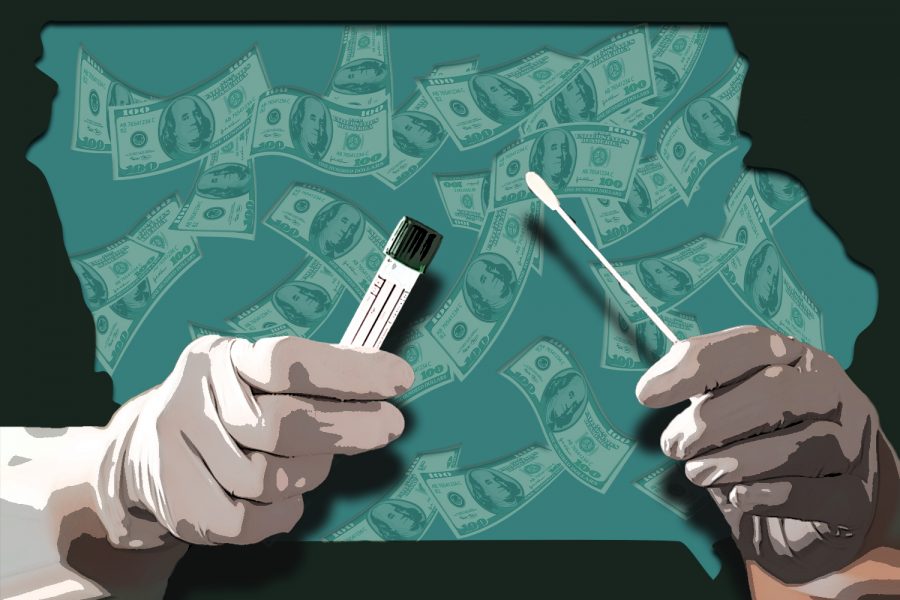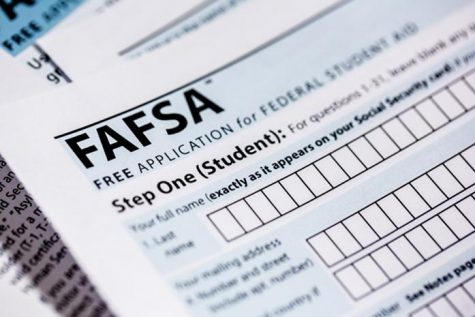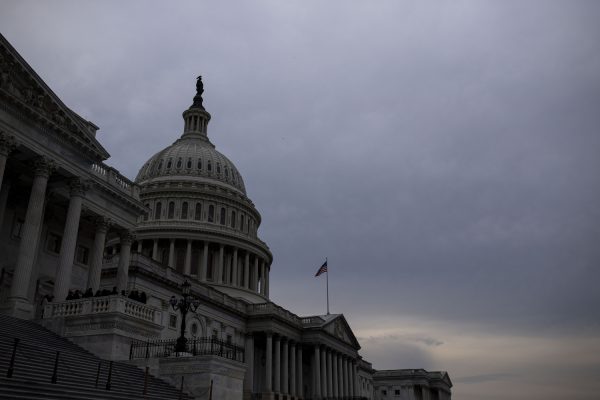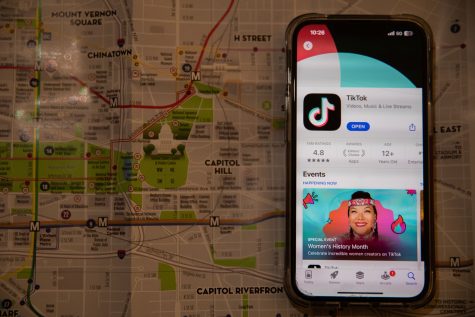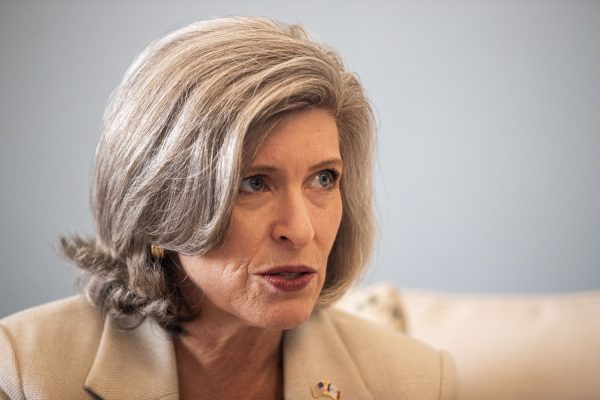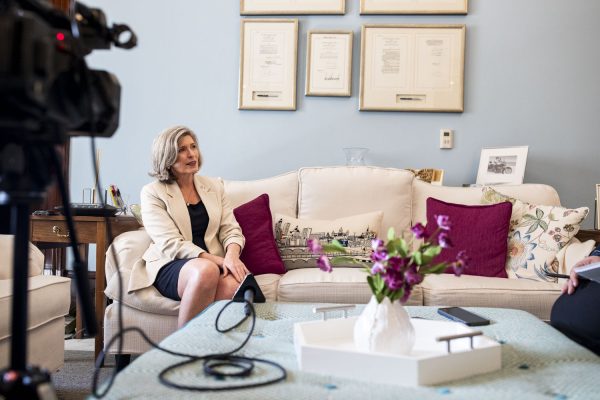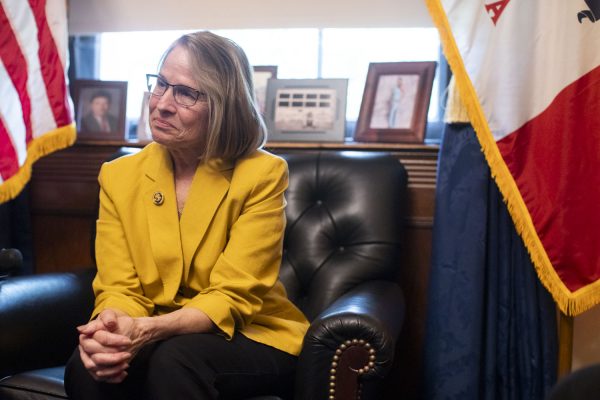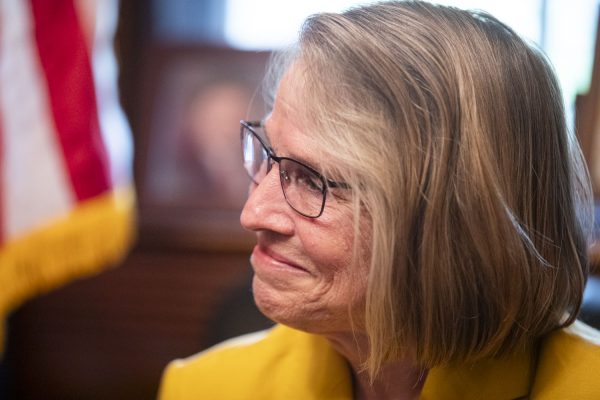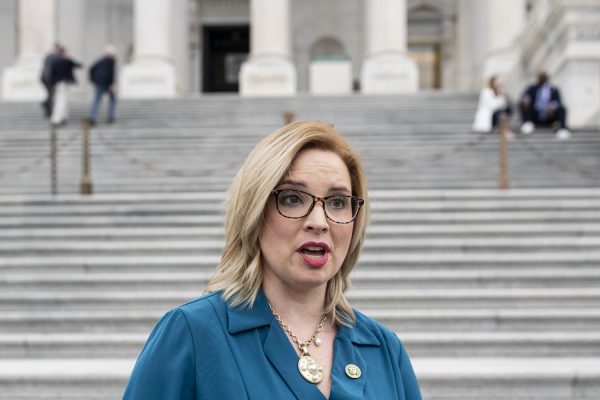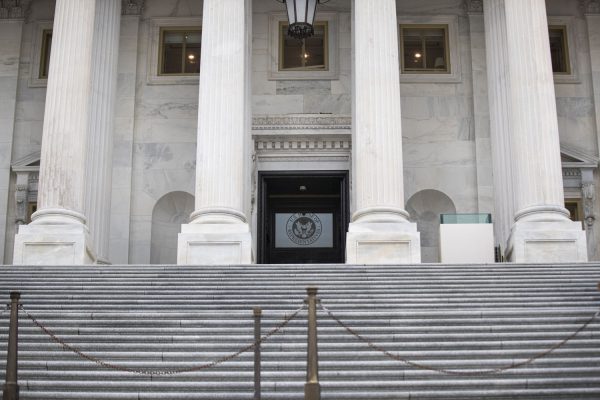Iowa lobbying group pushes for coronavirus drug price controls
As dozens of drug companies race to develop a vaccine for the coronavirus, some are concerned a cure will be priced out of reach for the majority of Americans.
April 29, 2020
Some advocates in Iowa for lowering pharmaceutical prices are worried that once drug companies enter the market, COVID-19 drugs and treatment will be largely unaffordable without intervention from Congress.
Iowa Citizens Action Network, in conjunction with the national organization Lower Drug Prices Now, has been lobbying Iowa’s members of Congress to introduce language in future coronavirus relief packages to control the price of coronavirus-related drugs.
A petition on the Lower Drug Prices Now website calls for Congress to require fair and reasonable prices for drugs developed using taxpayer-funded research, prevent drug companies from gaining exclusive patent rights to coronavirus drugs, and disclose details of contracts between the government and drug corporations.
Sue Dinsdale, the director of Iowa Citizens Action Network, said she has seen interest from some of Iowa’s Democratic elected officials in controlling coronavirus drug prices.
Democratic Reps. Abby Finkenauer and Cindy Axne both have been responsive to the organization’s lobbying, she said. Finkenauer represents Iowa’s 1st Congressional District, which includes Black Hawk and Linn Counties, which have the highest COVID-19 case counts of Iowa’s 99 counties.
“I think they’re really good about listening to their constituents, and both of those Congresswomen know what’s happening in their districts, and they’re both in districts that have been hit hard,” Dinsdale said of Finkenauer and Axne.
In a conference call with reporters on April 23, Sen. Chuck Grassley, R-Iowa, said he would consider supporting subsidizing coronavirus vaccines, although he said he hasn’t made it an official policy position.
“If it takes getting this economy turned around and the federal government paying for everybody to get a vaccine shot, it might be a good investment of the taxpayers’ money,” he said on the call.
Margarida Jorge, the national campaign director for Lower Drug Prices Now, said because federal taxpayer money is being used to develop vaccines and treatments for COVID-19, Congress should make sure those drugs are accessible to all Americans.
“Otherwise, the only option we have is to depend on pharma or depend on the companies in the middle to price these things affordably, and that’s insane, given what we’ve seen from pharma over the last couple decades,” she said.
Over the three phases of federal coronavirus relief that has been approved by Congress and President Trump, billions of dollars have been put toward research and development.
One package of supplemental funding passed in the beginning of March includes $3.1 billion for the health secretary to disperse, at least some of which will go to drug research, according to NPR. This bill does allow Health and Human Services Secretary Alex Azar to require that any product developed with that money be priced affordably, but no such provision exists for the $1.25 billion included for coronavirus research in the CARES Act.
At least 70 drug companies are working on a coronavirus vaccine, according to the National Library of Medicine. More than 20 are researching possible treatments according to the Motley Fool.
Falguni Sen, the head of Fordham University’s Global Healthcare Innovation Management Center, said that without government intervention, it’s likely that the cost of drugs to treat COVID-19 will be very high to uninsured and underinsured people.
That’s because pharmaceutical companies often price drugs based on negotiations with insurance companies, which can be out of range for people with no insurance or high copays, he said.
The U.S. government doesn’t have power to negotiate drug prices directly, but Sen said denying exclusive patent rights for coronavirus treatments could contribute to lower prices. However, with a lower incentive, drug companies could be discouraged from pursuing coronavirus treatment drugs.
“The reason anyone is pushing so hard moving forward on this area, is that they’re all hoping for market exclusivity and hoping to make a big killing in the first few years,” he said.
Vaccines, on the other hand, will likely be subsidized by the government because mass vaccinations are in the interest of public health, Sen said.
“I suspect in the vaccine area, because it’s a community disease, where I can give it to somebody else, we want to have as many people vaccinated as possible,” he said. “So I don’t really think that pricing in the vaccine area eventually will be a problem.”



